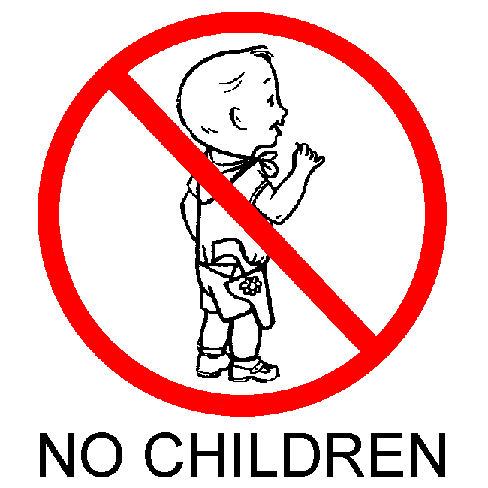Every once in a while, I read something that surprises me with its impact. On Tuesday, I stumbled across an article posted on the “Gender Focus” website just a few minutes before—the opening sentence was: “This afternoon I had an abortion.”
The word “abortion” doesn’t lose its power when you see what it looks like every day, and when the focus of your week is exposing the public to literature depicting what the Toronto Star called “bloodied, tiny bodies” a few days ago. It’s a word that hides, not reveals. It represents the passing of a human being, forced from this life by our barbarism, our selfishness, and our apathy.
Reading the “Gender Focus” article, featuring the defiantly relativistic title “My Reality: My Abortion Experience,” it was hard not to feel that this woman’s reality was, indeed, a sad one. When she saw the pregnancy test was positive, she relates, she swore so loudly she was positive her daughter heard her downstairs. But immediately—immediately—she “knew what I wanted to do, knew what I needed to do.”
What she thought she needed, of course, was an abortion. She needed a doctor to search out the tiny human growing within her, and vacuum it into crimson shreds. This, in our culture, passes as a “need.” Pregnancy is not beautiful—it is a disease. And we have a state-funded, convenient, lethal solution. And effective–the fetus—at least that one—won’t come back. That’s because he or she was an unrepeatable human being, never seen before in human history and never to be seen again.
As pro-lifers reaching out to our culture, we make the argument that abortion is a human rights violation because it violently ends the life of a human being. We don’t use religion to make our point—and we don’t need to. But when reading a story like this one, I can’t help but think how tragic it is that our society has so completely perverted and destroyed the concept of love. It is one of God’s great blessings that when two people love one another, that love can bring about a completely new human being. Now, that human being is considered by many to be a threat, an inconvenience—even, some say, a parasite. God uses human interactions to bring about brand new, unique, unrepeatable human beings—and we violently carve “Return to Sender” into their tiny corpses and fling them back into Eternity. I shudder to think of it—God’s Blessings, millions upon millions of tiny souls, appearing before Him after the briefest of tenures on Earth, hacked short by the blood-stained hands of those still below.
Children used to be considered a blessing. Children used to be considered the future, not an inconvenience to our future. Our love now has no room for others—it must be sterile to be fulfilling. It is morbidly interesting to note that the root word of carnality and carnage are the same—carne, or Latin for “flesh.” Today, it seems many times that love has been replaced by carnality—and that carnage has proceeded from it.
This article was first published on The Bridgehead and has been republished with permission from the authour.

